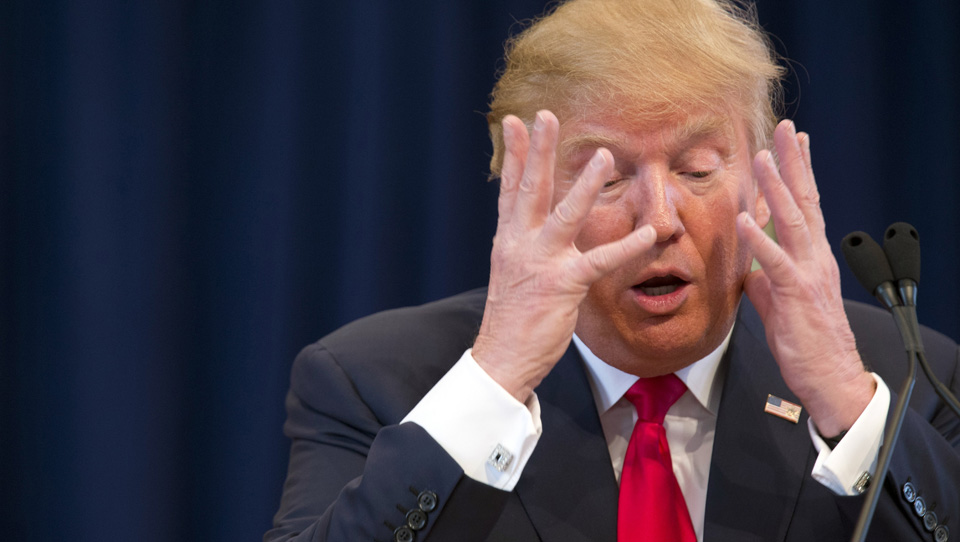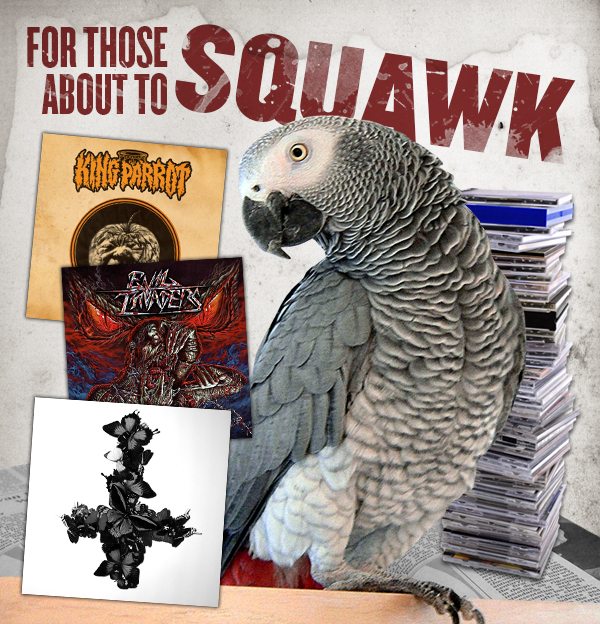come on red ,get real ,,,,you think his kids would make ANY MOVE without getting his OK ? Surely you can't be that Naivehis kids won't shit unless they ask daddy what color?BLIND TRUST Red??OK, do you see something wrong with that? if so, are you pissed that the Clintons and Obama's are now multi millionaires due to their time in the whitehouse?
There is no way for us to know if Trump is financially better off as a direct result of being president, but every other president has been-----------so he may be too, but its also true that he has missed many financial opportunities by putting his companies in a blind trust while president.
Trump Sons Now Head Trump Organization | Fortune
fortune.com › Leadership › The Trump Organization
Apr 22, 2017 - It would be no different from cashing in on the name of a nonpolitical celebrity, they said. ... Trump Sons Open Dubai Golf Course, Praise U.S. Ally ... The elder Trump would use the bills, or a newspaper clipping about a Trump property, as a means of communicating to his sons, and his trademark scrawl ...
nothing illegal or improper about any to that. His kids are running his companies, he has given them control, and it is a blind trust whether you and the lib media understand that or not.
and you know that, how?
I think he trusts them to make good decisions while he is trying to fix the mess created by decades of incompetents from both parties.




 trumptard fake news talking points are in ^
trumptard fake news talking points are in ^
